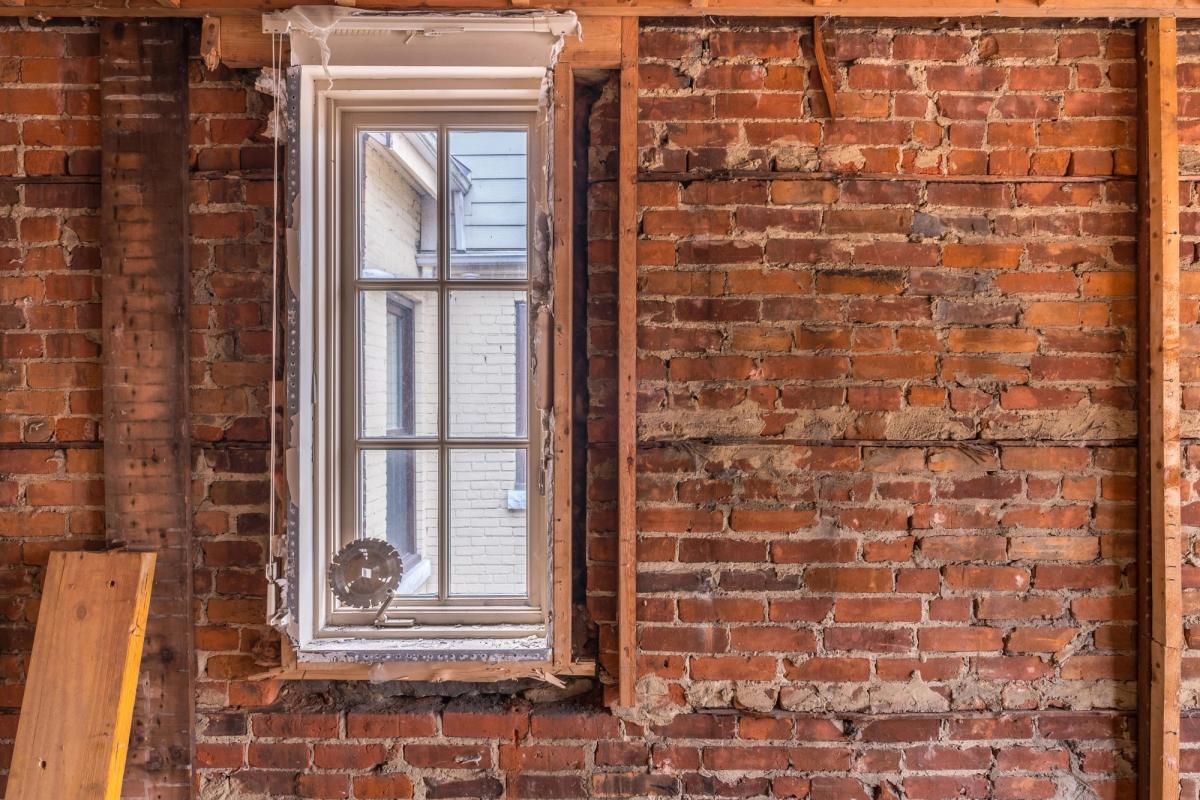Poor Quality or Condition of Rental Properties in the Netherlands

Introduction: A Surprising Challenge for Renters
Finding a place to live in the Netherlands is already a challenge. But once you get through the competition and costs, many renters — especially international students, young professionals, and expats — are surprised to find that the condition of the rental doesn’t match their expectations.
Cracked walls, outdated kitchens, poor insulation, or musty smells can be more common than you’d expect — especially in older buildings or low-turnover areas.
Let’s explore how to recognize poor-quality rentals early, what to do if you're already in one, and how to avoid these situations using smarter tools.
Why Some Rentals Aren’t in Great Shape
1. High Demand Means Lower Standards
In cities with a housing shortage, landlords may not feel pressure to renovate. If someone will rent the home regardless, they may delay necessary updates.
2. Older Building Stock
Much of the housing in the Netherlands is charming — and old. Older homes often come with issues like:
Single-pane windows
Mold or humidity problems
Outdated heating or plumbing systems
3. Quick Renovations That Look Better Than They Are
Some properties are superficially fixed up for photos, but lack real improvements like proper insulation, ventilation, or safety features.
What Are Your Rights as a Tenant?
Even if it’s not perfect, a rental must meet basic habitability standards. As a renter in the Netherlands, you have the right to:
Safe electricity and plumbing
Proper ventilation and heating
A property free of health hazards like mold
Working locks and windows
If your rental lacks any of these, you can request repairs or contact the Huurcommissie if the landlord doesn’t respond.
How to Spot a Low-Quality Rental (Before You Move In)
1. Ask the Right Questions
When was the last renovation?
Is the property well insulated?
What heating system is used?
2. Look Beyond the Photos
During a viewing, check:
Corners for mold or moisture
Window and door seals
Functioning of appliances
3. Talk to Previous Tenants (If Possible)
Sometimes you can ask the current tenant about the space — especially in student or shared housing situations.
How Huisly Helps You Avoid These Issues
When using Huisly, you can:
Compare listings from multiple trusted platforms in one place
Filter out listings that are poorly rated or lack transparency
Quickly identify which properties are recently renovated or professionally managed
Whether you're a first-time renter in Utrecht or a relocating professional in Rotterdam, Huisly makes it easier to focus on quality homes with clear information.
What to Do If You’re Already in a Poor-Quality Rental
It’s not ideal, but there are steps you can take:
Document the issues (photos, emails, messages)
Request repairs in writing from your landlord
Contact local housing support organizations for help
Know your rights — in some cases, rent reduction may be possible if repairs are delayed
Good communication often leads to good solutions.
Conclusion: Better Homes Are Out There
Not every rental in the Netherlands is perfect — but that doesn’t mean you have to settle. By staying informed, asking the right questions, and using trusted platforms like Huisly, you can find a place that’s safe, comfortable, and worthy of being called home.
Ready to find a rental that meets your standards? Use Huisly to browse updated listings from all major platforms — with filters to help you avoid poor conditions and hidden issues. Start your smarter home search today.
Get the Huisly App!
Download our app for the best experience, instant notifications, and exclusive features for renters and buyers in the Netherlands.
Download the App